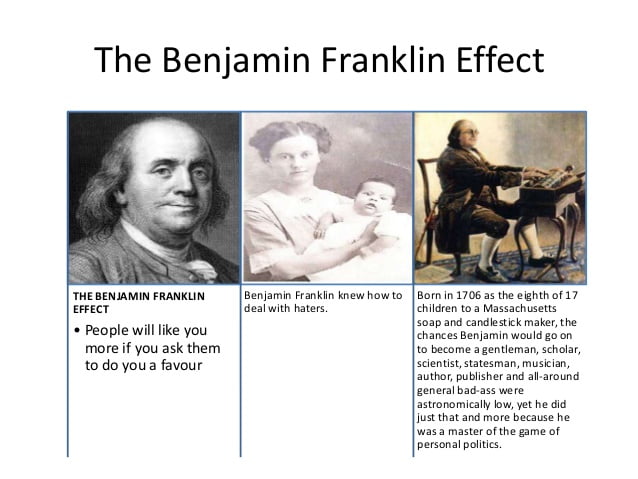By Aatreyee Dhar
Are you guilty of pretending?
“Pretend you’re happy when you are blue
It isn’t very hard to do
And you’ll find happiness without an end
Whenever you pretend”
-Pretend by Nat King Cole
The capability of the human mind is all-inclusive and powerful. Our kind seems to be at the highest peak of evolution. Great thinkers immerse themselves in this conviction. This gives rise to “naive realism”.
“Naive realism” is the ancient philosophy which believes that we perceive the world as it is and our impression in this aspect is objective and accurate. This is not possible belying the fact that our interpretations are based on the outputs of our mind which are subjective. Hence, we have succumbed to delusion. Deluding ourselves by being nice to people we admire and bad to people we hate.
We might be presumptuous in our delusions. But we fail to recognise the internal change in our perceptions, attitude or opinions about the external world. Thus from the ashes of change, the curious Benjamin Franklin effect arises.
Also read: Do You Also Practically Hate Everyone Around You, Just Like Me? Then This One’s For You
What Exactly Is It?
The Benjamin Franklin effect sets forth the concept that a person who has been requested a favour is more likely to do another favour for that person than they would be if they received a favour from that person.
Our analytical mind wants to stick with the image of a persona that we have created for ourselves. So, when asked for favour, we want to be kind and diligent in our responsibilities. Keeping in touch with our “good-will” image, we hate to lose it without any inconsistency.
Origination of the Benjamin Franklin Effect
Thereby hangs a tale of this effect.
Benjamin Franklin, earlier in his political career, became adept at human relations. He had formed a clique of working-class literary intellectuals, in a bid to pool together their books and exchange their thoughts on matters touching the lives of people in the world on a daily basis.
His so-called affiliations or the “Junta” gave him access to whatever books he wanted to buy.
Then came the time when he was running second time for clerk. It so happened that an associate out of the blue censured him, attacking his respectability.
Damn. Can imagine the shock, hmm?
Surprisingly enough, Benjamin Franklin did not go for the tit-for-tat edict. Instead, struggled out of his way to appease him. He asked his hater whether he could borrow a “very scarce and curious book” from his library to which his nemesis readily gave in.
Franklin sent him an endearing thank you note when he received the book. Yes, he borrowed a book from a person who was slinging mud at him.
Guess what? This bolstered an enduring friendship between them with a manifestation of his willingness to serve him promptly.
Day saved.
Harnessing the power of the Benjamin Franklin Effect
Is there an absolute answer for why volunteering feels good?
Remember that without any visible outside award, we forge an internal one. The dreadful confusion of who we are in front of folks is resolved when we see the world in the most satisfying way. This is the cycle of cognitive dissonance.
The staff at Soul Pancake carried out an experiment comprising of couples.
They asked one of them to wait outside while the other one had to show signs of affection which may include offering a beverage, showering compliments or holding up appreciation cards. Results pointed out that the partner who went out of his way to show kindness earned more affection and was liable to be in a stable relationship than the rest.
Here’s the video:
Next time, try to give a chance to your partner to fully involve or invest in a relationship instead of offering to pay for the bill every damn time.
This is one of the astonishing impact of this effect when applied to live.
Do you really need to pretend to be happy when you are blue? Think what lies ahead when you choose to see the world with a sense of optimism.
(Images from Google Images)
More from ED Times:
http://edtimes.in/2017/09/decoding-misunderstood-indian-millennials-the-contradicting-ironical-gen/




































